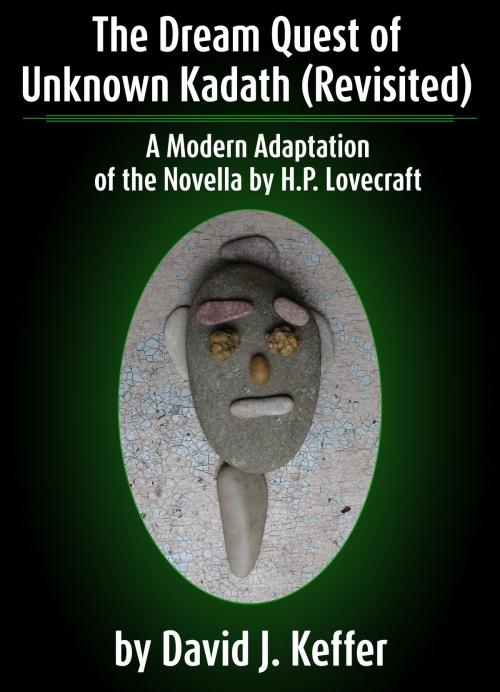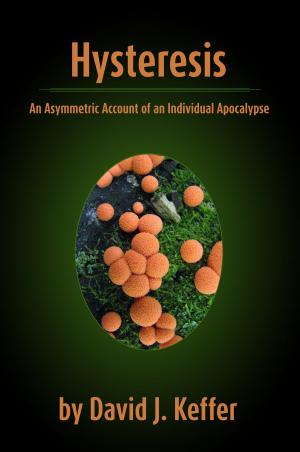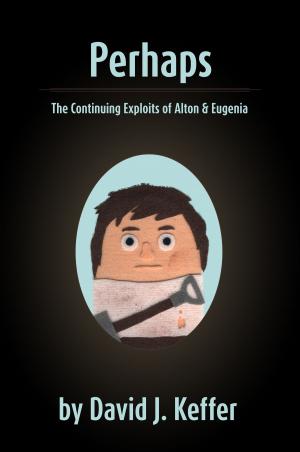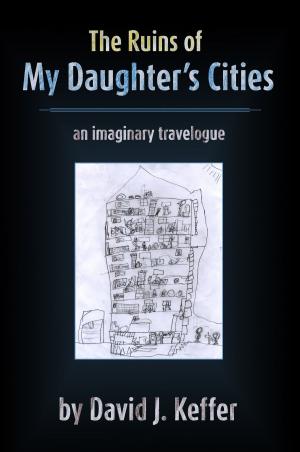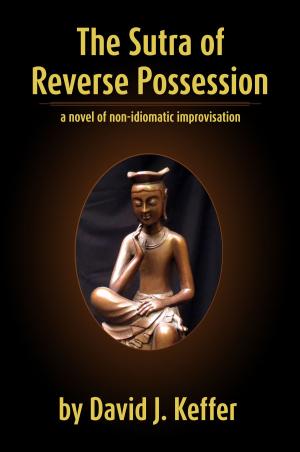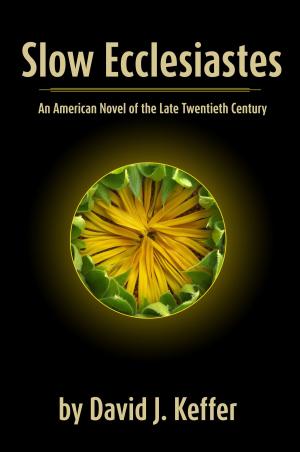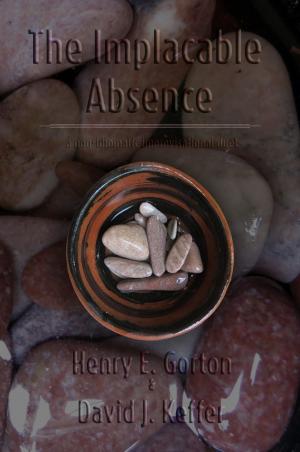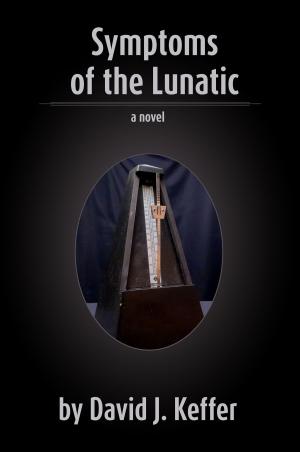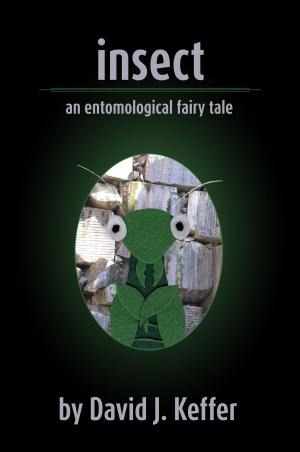The Dream Quest of Unknown Kadath (Revisited)
Fiction & Literature, Literary, Science Fiction & Fantasy, Fantasy| Author: | David Keffer | ISBN: | 9781301547081 |
| Publisher: | David Keffer | Publication: | September 6, 2012 |
| Imprint: | Smashwords Edition | Language: | English |
| Author: | David Keffer |
| ISBN: | 9781301547081 |
| Publisher: | David Keffer |
| Publication: | September 6, 2012 |
| Imprint: | Smashwords Edition |
| Language: | English |
This novel is a modern adaptation of “The Dream Quest of Unknown Kadath” originally written by H.P. Lovecraft in 1927. In this version, a father and his young son travel together through the Dreamlands in search of Unknown Kadath. The father’s goal is not to recapture the happiness of his own youth (as was the case in the original version) but rather to find the path by which his son can avoid the traps that have led his father far from happiness.
In the Dreamlands, fantastic dreams are a form of currency, traded for goods and gaining one admittance through city gates. In the “The Dream Quest of Unknown Kadath (Revisited)”, the father initially relies on descriptions of imaginary cities taken from literary sources as his source of currency. However, upon losing the book, the father must describe cities from his own experience in order to enlist the aid of various individuals that he and his son meet along their journey to Unknown Kadath.
Thus, “The Dream Quest of Unknown Kadath (Revisited)” works on three levels. First and foremost it is a fantastic novel describing the extent to which a father will go to prepare his young son to find happiness in the world that awaits him. Second, it is a contemplation of cities and of travel and the manner in which travel educates and enlightens us about others and ourselves. Finally, this novel is an honest homage to and celebration of the dream-cycle of Lovecraft, which showed him in a creative and contemplative light, outside the typical Cthulhu-inspired horror for which he is more widely known.
This novel is a modern adaptation of “The Dream Quest of Unknown Kadath” originally written by H.P. Lovecraft in 1927. In this version, a father and his young son travel together through the Dreamlands in search of Unknown Kadath. The father’s goal is not to recapture the happiness of his own youth (as was the case in the original version) but rather to find the path by which his son can avoid the traps that have led his father far from happiness.
In the Dreamlands, fantastic dreams are a form of currency, traded for goods and gaining one admittance through city gates. In the “The Dream Quest of Unknown Kadath (Revisited)”, the father initially relies on descriptions of imaginary cities taken from literary sources as his source of currency. However, upon losing the book, the father must describe cities from his own experience in order to enlist the aid of various individuals that he and his son meet along their journey to Unknown Kadath.
Thus, “The Dream Quest of Unknown Kadath (Revisited)” works on three levels. First and foremost it is a fantastic novel describing the extent to which a father will go to prepare his young son to find happiness in the world that awaits him. Second, it is a contemplation of cities and of travel and the manner in which travel educates and enlightens us about others and ourselves. Finally, this novel is an honest homage to and celebration of the dream-cycle of Lovecraft, which showed him in a creative and contemplative light, outside the typical Cthulhu-inspired horror for which he is more widely known.
